Cash Home Buyers in Illinois After a Fire in Chicago
Cash home buyers in Illinois offer a quick solution for homeowners affected by fires through "s…….
In the heart of Chicago, a city renowned for its resilience and architectural beauty, homeowners often find themselves navigating challenging situations when their properties are affected by fires. The subsequent decision to sell their homes becomes a critical milestone, requiring careful consideration and strategic planning. This article delves into the intricate process of selling a house after a fire in Chicago, offering a comprehensive guide that covers everything from understanding the local market dynamics to navigating the legal aspects. By exploring various facets of this complex issue, we aim to empower homeowners with knowledge, ensuring they make informed choices during what can be an emotionally charged period.
“Sell House After a Fire Chicago” refers to the process and strategies employed by homeowners and real estate professionals when a property in Chicago experiences a structural fire. It encompasses several key components:
Property Assessment: After a fire, the first step is to assess the extent of damage to determine if the home can be repaired or if reconstruction is necessary. This involves detailed inspections by contractors and insurance adjusters.
Insurer Involvement: Homeowners’ insurance policies play a pivotal role in this process. Policyholders must notify their insurers about the fire, providing documentation and working with adjusters to determine coverage and claims.
Repair vs. Reconstruction: Depending on the damage, homeowners have options: repairing the existing structure or building a new home on the same or a different site. Each option has financial, emotional, and logistical implications.
Real Estate Market Engagement: When ready, homeowners enter the real estate market to sell their property. This may involve working with real estate agents, staging homes for viewings, and negotiating offers.
Chicago, a city with a rich history, has experienced significant fires throughout its development. The Great Chicago Fire of 1871, for instance, destroyed vast areas, leading to massive urban renewal projects. Over the years, strict building codes and fire safety regulations have been implemented, but the need for post-fire real estate guidance remains critical. Today, with a robust real estate market, Chicago provides a unique perspective on how cities can recover and rebuild after devastating fires.
The concept of selling homes after disasters, including fires, is not limited to Chicago but has global implications. Many cities worldwide face similar challenges, leading to notable trends:
Urban Renewal: After major fires or natural disasters, cities often embark on projects to rebuild and revitalize affected areas, attracting new investments and development opportunities.
Disaster Relief Packages: Governments worldwide offer financial aid and incentives to encourage the reconstruction of damaged properties, ensuring communities recover and thrive.
International Real Estate Market Fluctuations: Events like fires can impact property values and real estate trends globally, affecting investment strategies and market dynamics. For instance, a 2018 study showed that major wildfires in California influenced housing prices in surrounding areas.
The economic aspects of selling a house after a fire are multifaceted and significantly impact the process:
Supply and Demand: Fire-damaged properties can disrupt local real estate markets, especially if multiple homes are affected simultaneously. This may lead to temporary price fluctuations until the market adjusts.
Location Matters: Chicago’s diverse neighborhoods offer varying real estate landscapes. Properties in high-demand areas with strong post-fire recovery histories may experience quicker sales and higher prices.
Short-Term vs. Long-Term: Investors can capitalize on fire-affected properties, either holding them for quick flips or investing in reconstruction projects with long-term gains in mind.
Public and Private Funding: Reconstruction efforts often attract a mix of public funds from government agencies and private investments from developers and individuals.
Technology plays a pivotal role in modernizing the process of selling homes after fires, making it more efficient and accessible:
Online Real Estate Platforms: Digital marketplaces provide homeowners with global exposure, allowing them to list their properties and connect with potential buyers worldwide.
Drone Imaging and 3D Tours: Advanced technology offers virtual tours, enabling remote viewings and enhancing the buyer’s experience, particularly in assessing fire damage.
Smart Home Restoration: Integrating smart home systems during reconstruction can increase property value and appeal to modern buyers who value connectivity and automation.
Chicago’s real estate market operates within a robust regulatory framework, ensuring fairness and consumer protection. Policies related to selling homes after fires include:
Building Codes and Permits: Strict building codes govern reconstruction projects, mandating compliance with safety standards and environmental regulations. Obtaining the necessary permits is crucial for legal sales.
Disaster Relief Programs: Federal and local governments offer various programs providing financial assistance, tax incentives, and grants to aid homeowners in rebuilding efforts.
Insurance Regulations: Insurance policies are subject to regulatory oversight, ensuring fair claims processing and coverage for fire damage. Homeowners should thoroughly understand their policy terms.
Selling a home after a fire involves several legal considerations:
Contract Negotiation: Drafting and reviewing sales contracts ensure that both parties’ rights are protected, especially when dealing with insurance proceeds or reconstruction agreements.
Property Transfer: The legal transfer of property ownership includes recording deeds, updating title records, and ensuring all legal documents reflect the sale accurately.
Tax Implications: Homeowners must consider capital gains taxes and potential tax breaks related to disaster relief efforts. Consulting a tax advisor is advisable.
For homeowners choosing reconstruction over repair, the process involves:
Architectural Design: Engaging architects to design a new home that meets modern building codes and incorporates desired features can result in a more energy-efficient and aesthetically pleasing property.
Building Permits and Inspections: Obtaining necessary permits and passing inspections ensure compliance with local regulations, ensuring the safety and quality of the reconstruction.
Environmental Considerations: Chicago’s diverse landscape may require environmental impact assessments, especially if the property is in a flood zone or ecologically sensitive area.
Selling a home after a fire can be emotionally taxing. Homeowners should consider:
Support Groups: Local community groups and online forums provide platforms for homeowners to share experiences, offer advice, and find emotional support during the recovery process.
Mental Health Services: Seeking professional help from counselors or therapists can assist in managing stress and anxiety associated with significant life events like home fires.
Financial Planning: Creating a budget and seeking financial counseling can help homeowners navigate the economic challenges of repairs or reconstruction, ensuring they make informed decisions.
Selling a house after a fire in Chicago is a complex process that requires a deep understanding of local markets, legal requirements, and emotional resilience. By navigating these aspects effectively, homeowners can emerge from challenging situations with renewed hope and a brighter future. This guide serves as a starting point, highlighting the key considerations involved. Each situation is unique, so seeking professional advice from real estate agents, lawyers, and contractors tailored to Chicago’s specific market dynamics is essential for a successful outcome.
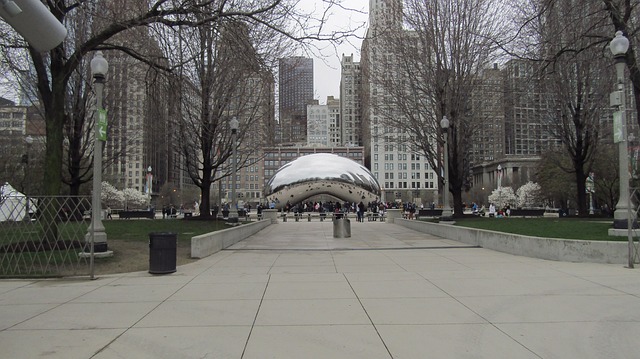
Selling a fire-damaged home in Chicago requires careful navigation through a competitive real estate…….
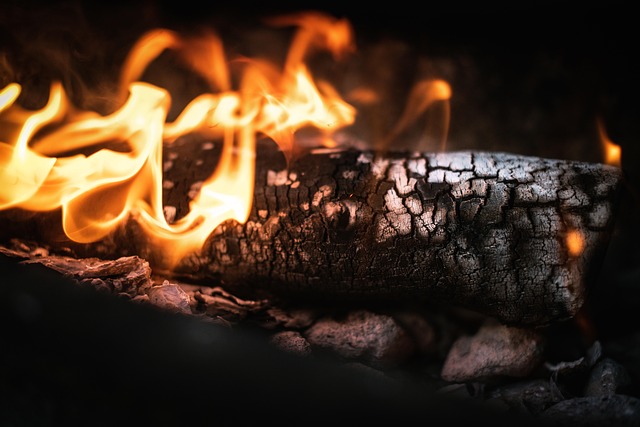
When selling a house after a fire in Chicago, Illinois, strict property disclosure laws must be adhe…….
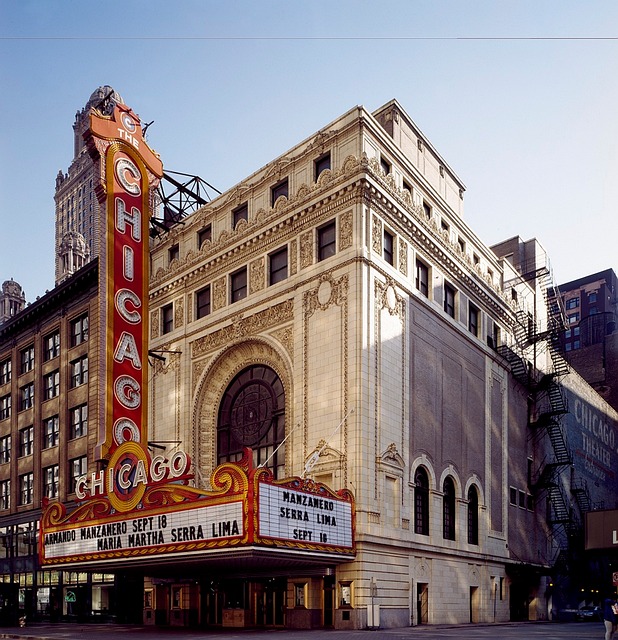
Selling a house after a fire in Chicago presents unique challenges due to strict building codes and…….
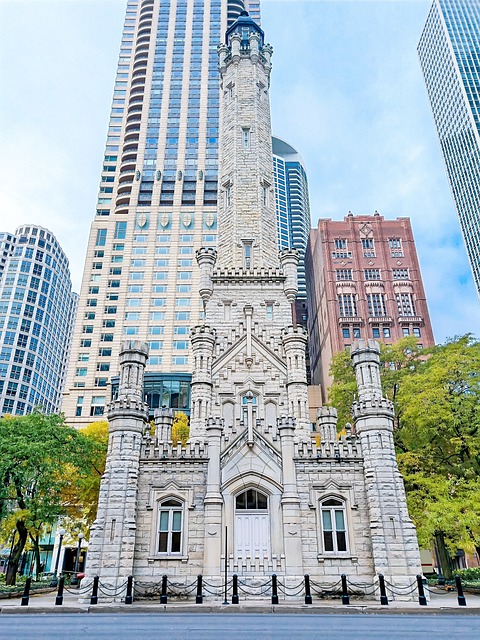
In Illinois, cash home buyers specialize in swift property sales, particularly after unforeseen even…….
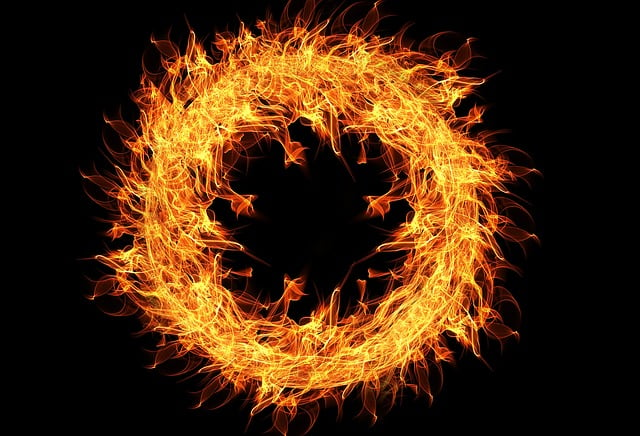
Selling a house after a fire in Chicago presents both challenges and opportunities. While property v…….
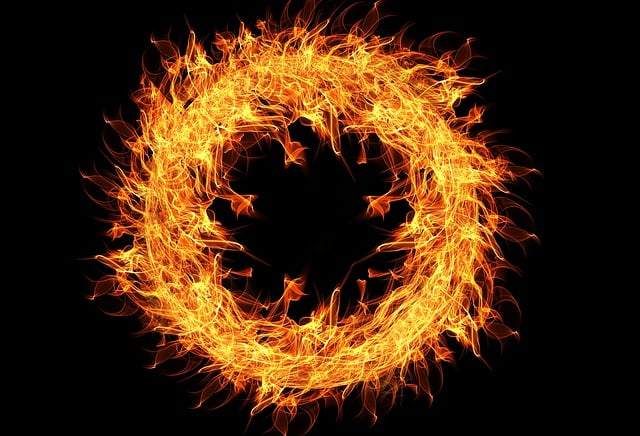
Selling a house after a fire in Chicago requires balancing repairs with market trends. While buyers…….
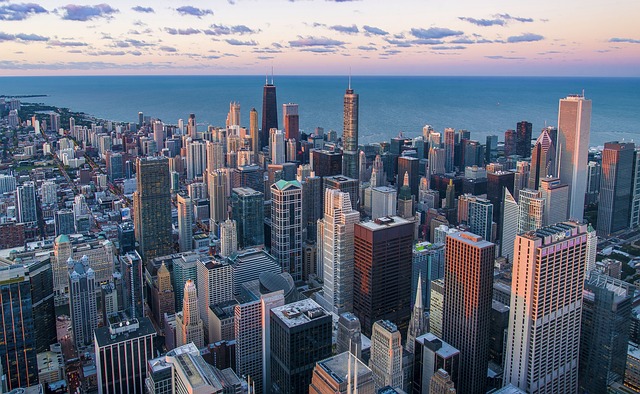
Fire-damaged property auctions in Illinois, especially Chicago, have become popular avenues for home…….

Selling a fire-damaged home in Chicago demands strategic navigation through competitive markets. Beg…….

Homeowners in Illinois navigating fire insurance claims, especially those looking to sell their hous…….